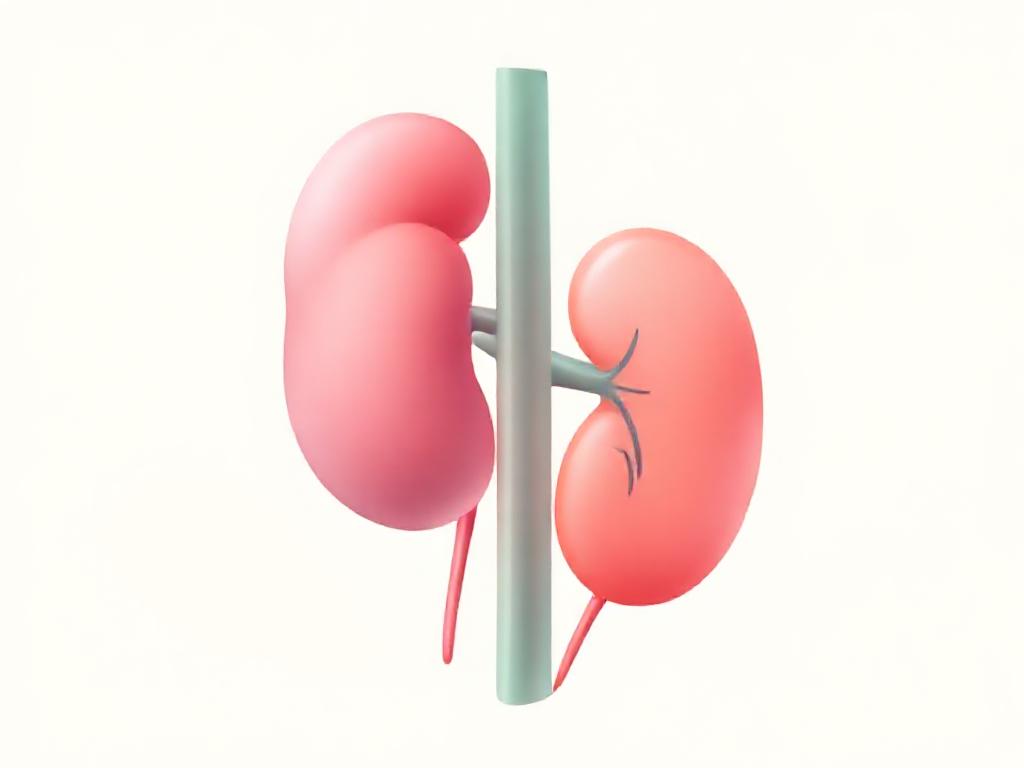The Ultimate Kidney Stone Prevention Diet: Science-Backed Guidelines for 2024

With kidney stone rates increasing dramatically, affecting between 114 to 720 individuals per 100,000 annually, understanding the right dietary approach is crucial. This comprehensive guide offers evidence-based dietary strategies to prevent kidney stones effectively.
The DASH Diet Connection
The DASH (Dietary Approaches to Stop Hypertension) diet has been shown to significantly reduce kidney stone risk, according to research from the National Institute of Diabetes and Digestive and Kidney Diseases.
Key Components:
- High in Fruits and Vegetables: Increases urinary citrate, provides natural stone inhibitors, and maintains healthy pH levels.
- Moderate Calcium Intake: 1,000–1,200 mg daily from dietary sources helps bind oxalates in the gut.
- Limited Sodium: Reducing sodium intake below 2,300 mg daily decreases calcium excretion in urine.
Foods to Embrace
- Citrus fruits (lemons, oranges)
- Berries
- Low-oxalate leafy greens
- Fish rich in omega-3s
- Whole grains
- Low-fat dairy products
Foods to Limit or Avoid
According to the Kidney Foundation, these foods increase the risk of stones:
- Red meat and organ meats
- Processed high-sodium foods
- Sugar-sweetened beverages
- High-oxalate foods like spinach and rhubarb
- Excessive animal protein
Hydration Strategy
Hydration is critical for kidney stone prevention. Aim for:
- 3 liters (about 12 cups) of water daily
- Clear or light-yellow urine color
- Increased intake during exercise or hot weather
Meal Planning Tips
Sample Day Menu:
- Breakfast: Oatmeal with low-fat milk, berries, and ground flaxseed
- Snack: Apple slices with string cheese
- Lunch: Grilled chicken salad with olive oil dressing
- Snack: Greek yogurt with honey
- Dinner: Baked fish, quinoa, steamed vegetables
Tracking Your Diet
Modern tools help individuals maintain effective kidney stone prevention habits:
- Use food tracking apps
- Monitor urine pH with test strips
- Keep a symptom diary
- Record fluid intake


